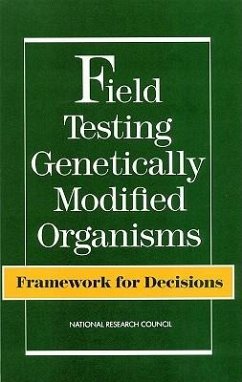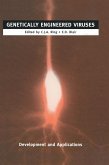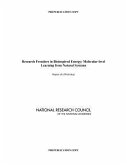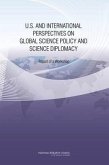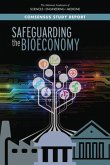Potential benefits from the use of genetically modified organisms--such as bacteria that biodegrade environmental pollutants--are enormous. To minimize the risks of releasing such organisms into the environment, regulators are working to develop rational safeguards. This volume provides a comprehensive examination of the issues surrounding testing these organisms in the laboratory or the field and a practical framework for making decisions about organism release. Beginning with a discussion of classical versus molecular techniques for genetic alteration, the volume is divided into major sections for plants and microorganisms and covers the characteristics of altered organisms, past experience with releases, and such specific issues as whether plant introductions could promote weediness. The executive summary presents major conclusions and outlines the recommended decision-making framework.
Hinweis: Dieser Artikel kann nur an eine deutsche Lieferadresse ausgeliefert werden.
Hinweis: Dieser Artikel kann nur an eine deutsche Lieferadresse ausgeliefert werden.

